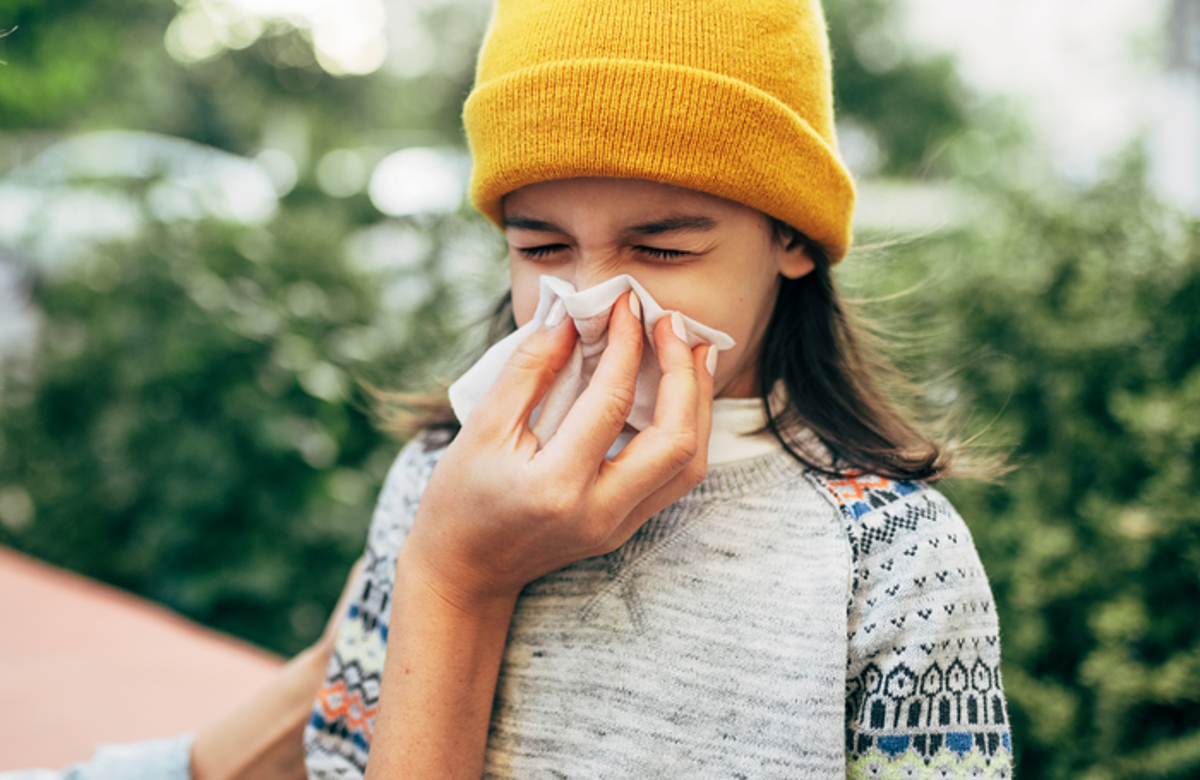Study decodes how children’s noses help them better fight Covid

The lining of children’s noses are better at fighting the novel coronavirus than that in adults, according to a new study that explains why kids’ immunity has been better at fighting the Covid-19 pandemic.
The research, published on Monday in the journal PLoS Biology, could explain why there have been fewer pediatric Covid-19 hospitalisations across the globe compared to cases in adults.
“Children have a lower Covid-19 infection rate and milder symptoms than adults, but the reasons for this have been unknown,” study co-author Kirsty Short from the University of Queensland said.
“We’ve shown the lining of children’s noses has a more pro-inflammatory response to the ancestral Sars-CoV-2 than adult noses,” Dr Short said.
In the study, scientists exposed the samples of nasal lining cells from 23 healthy children and 15 healthy adults to the Sars-CoV-2 virus.
They found that the virus replicated less efficiently in the children’s nasal cells, as well as a heightened antiviral response.
However, researchers say it’s a “different ball game” when it come to the Omicron variant.
They believe the better ability of children’s noses to fight the virus “could be an adaptation to the increased threats of ‘foreign invaders’ such as viruses or bacteria observed in childhood”.
“It’s also possible that increased exposure to these threats in childhood ‘trains’ the nasal lining in children to mount a stronger pro-inflammatory response,” Dr Short said.
Alternatively, she says, metabolic differences between children and adults could alter how virus-fighting genes express in the body.
While the Delta Covid-19 variant was “significantly less likely” to replicate in the nasal cells of children compared to adults, they say, the trend was “markedly less pronounced” in the case of Omicron.
“Taken together, it shows children’s nasal lining supports lower infection and replication of ancestral SARS-CoV-2, but this may be changing as the virus evolves,” Dr Short said.
“Future clinical studies will be needed to validate these preliminary findings in a larger population and to determine the role of other factors, such as antibodies in protecting children from Sars-CoV-2 infection,” she added.
For all the latest Science News Click Here
For the latest news and updates, follow us on Google News.

